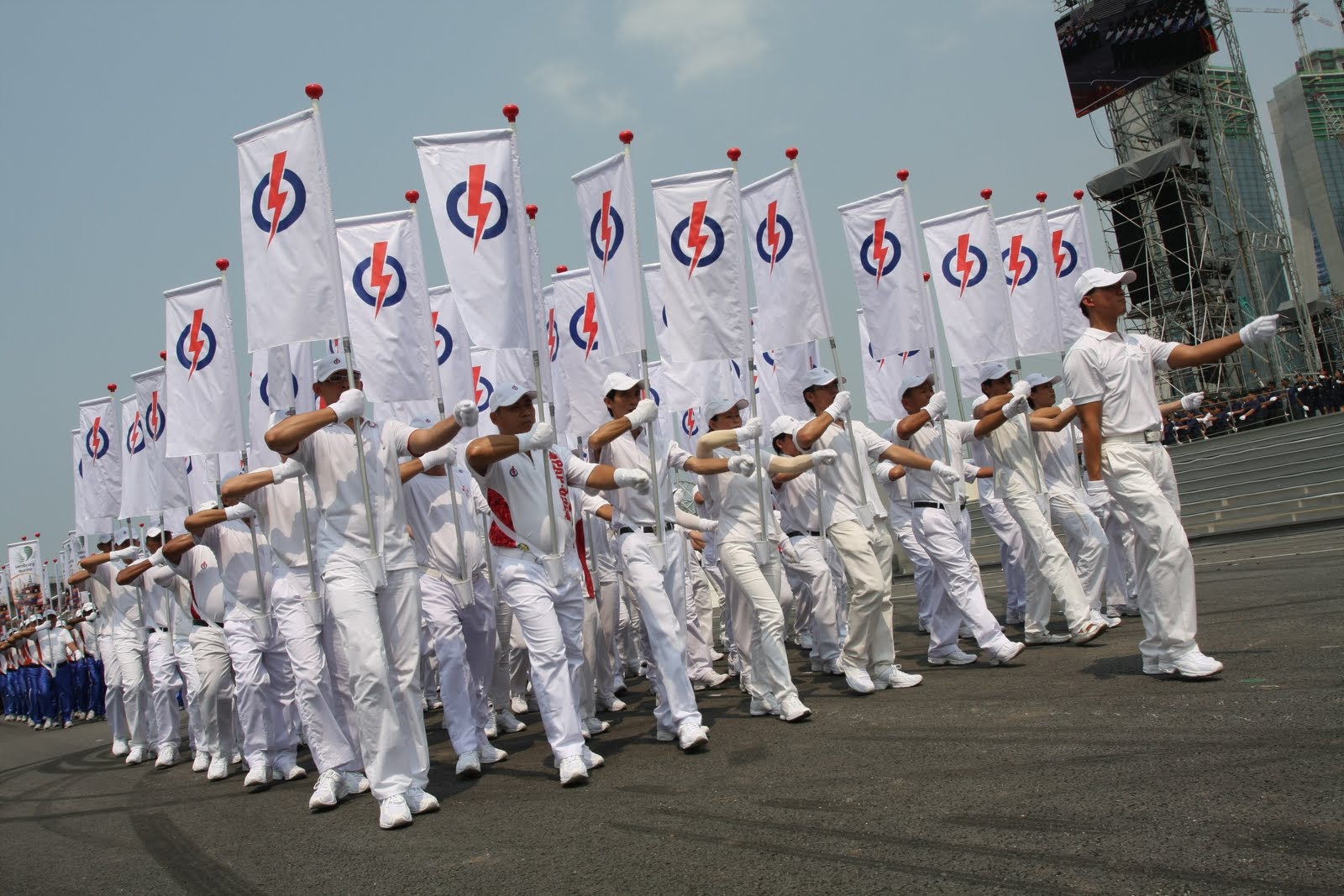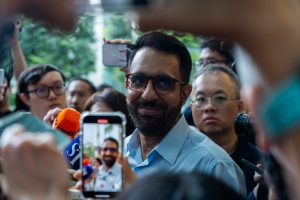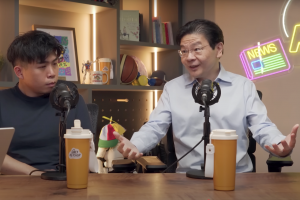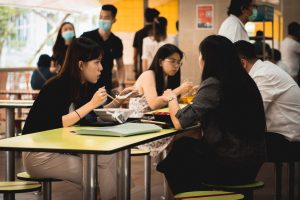This election season, I noticed a curious phenomenon. Almost none of my friends were posting about their support for the ruling party on social media.
Either
a) all my friends happen to be part of the 39%,
b) I live in an echo chamber, and the social media overlords have mastered the art of predictive algorithms that curate gentle feeds to soothe my liberal soul or
c) those who supported the PAP felt unable, unwilling, or ambivalent about openly declaring their support.
After all, PAP supporters are often openly mocked and derided in the liberal bubble I live in. There was, however, one brave friend who had posted a series of impassioned IG stories, defending the PAP. Intrigued, I reached out to them to ask if they could explain why they was such an ardent fan.
Why would somebody not just grudgingly tolerate, but wholeheartedly support the PAP?
(The following is an account of their views).
I made those Instagram stories because I was very upset. I try not to, because it will turn people off. But I thought the narrative was being unfairly stacked against the government. if not, I am normally silent.
When I tell my friends I support the PAP, it can shut down conversations. People automatically see you as a government spokesperson. Immediately, their defenses are up. They might not be hearing to listen, but hearing to counter your points. It’s not a productive conversation any more.
Once people know you support the PAP, you become the lightning rod of criticism. During GE, when everybody is advocating for opposition narratives, literally everybody will be firing at you. I tell my friends, I’m not an MP, I’m not standing as a candidate. But by extension of being a PAP supporter, it’s almost as if i’m a party spokesperson. I’m just a private citizen who agrees with most of PAP policies. But you get labelled as a “PAP IB dog”.

The only reason why I came out and published these stories is because I felt like there’s another narrative that needs to be heard. I’m already putting myself at huge personal risk.
I get it. It’s so much harder to advocate for the incumbent. Psychologically, it’s more fun to watch the underdog win. It’s always better to ride on the bandwagon, campaigning for change, standing up against the strong man. It’s more fun to be a rebel.
And what the opposition is saying is not entirely wrong. Upon closer analysis though, while I recognise that what they are saying has truth, it’s not enough for me to vote WP.
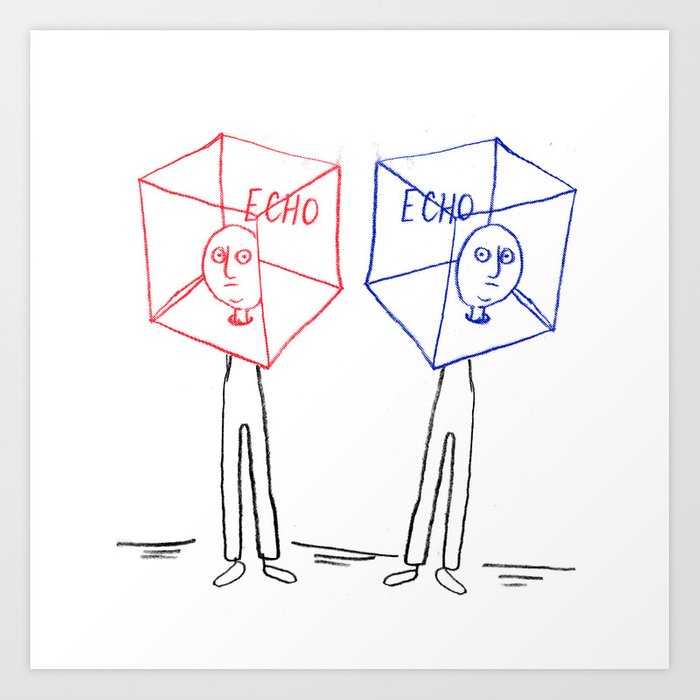
Personally, I feel that real change happens internally. It’s the way that the establishment works. We’ve evolved to appreciate solidarity—a trait that was carefully calculated, curated, and reinforced. And for good reason too: we need a united front, both within the party, and within the government.
It doesn’t mean there aren’t internal disagreements within the party. I’m sure that behind closed door meetings, people will criticize heavily and it can probably get quite theatrical. But if you criticize as say, a party member, you are kaki lang, 自己人 (one of our own). Your feedback is in the spirit of wanting the party to improve.
If it comes externally, there would be less inclination to work together, partly because the government would naturally want to save face, or you cannot be seen as caving in. If you have a public confrontation, the first instance of the government would always be to try and defend itself, so the conversation wouldn’t really be as productive.
I have always believed that real productive change happens internally in Singapore. If you look at the way the establishment is structured—NTUC, all the universities, the civil service, the GLCs—the entire establishment is linked one way or another to the PAP. You don’t have to be a party member but you will probably most likely align yourself to the PAP.
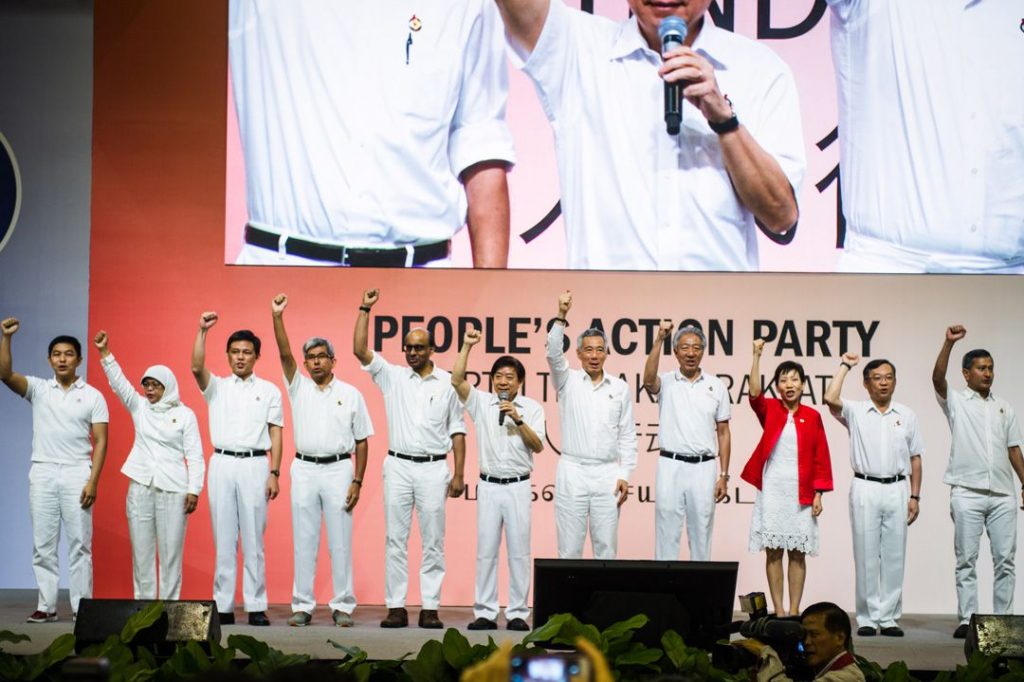
I can say this. Over the past few decades it has been efficient. You don’t have unions going around and having public strikes, because NTUC has a symbiotic relationship with PAP, and your labour chief used to be a MP. You can very easily have your voices and concerns heard. If you have feedback, it will be addressed in a closed-doors meeting, and the problems can be solved without making much noise.
I believe in a strong opposition but I believe more in a strong government that delivers for its people. Globally, people underestimate how much political credibility Singapore enjoys because of the PAP. The PAP is the third longest ruling political party in the world—they have stayed in power, remained corruption-free, and punched above their weight. When Singapore speaks, people listen—once you lose that, you can’t get it back.
If you look at the issues brought up in this election, they were mostly about post-material concerns. Traditionally, elections were about economic issues, but these issues did not carry as much gravitas as social issues. I think it’s a win—you have kind of gotten to the point where people are comfortable and will demand more from society as a whole. Aspirational values can take centre-stage. I think this wouldn’t have been possible if the system had not been successful. I believe opposition voters need to give credit where credit’s due.
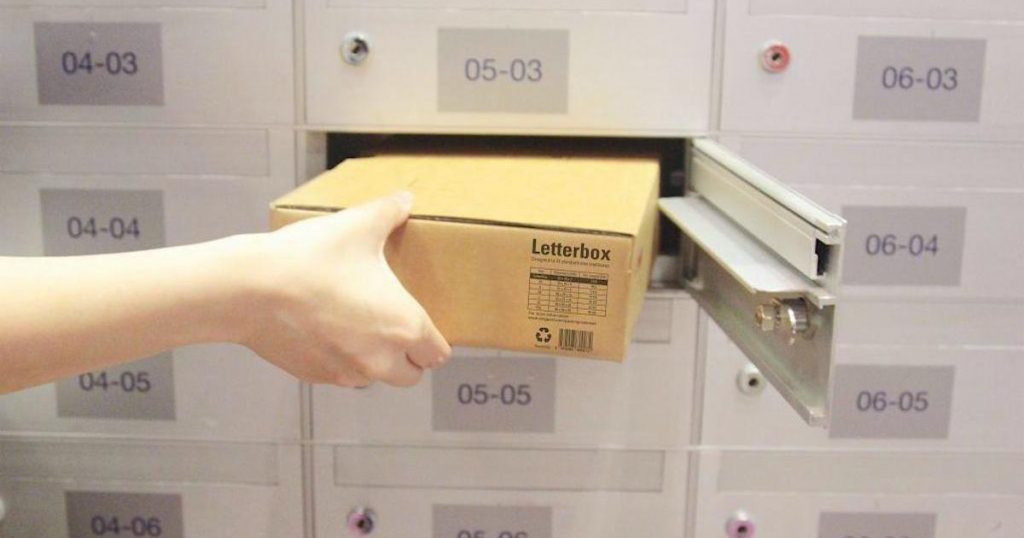
If the PAP manages to rebrand itself, stays on top of economic issues, and continues to actively involve citizens in the decision making process, I don’t think there’s a reason to vote against the party. I believe the government is already moving towards consultative governance. Every stat board, every ministry, does at least a year of consultation with as many stakeholders as possible before they announce a new policy shift.
If it can show that it’s humble, willing to apologize for mistakes, and campaign for causes that resonate, the opposition’s tagline of saying no blank cheques won’t hold up. I feel like the slogan “no blank cheque” resonated with voters because of the 2017 Presidential Elections that made people quite riled up.
If you really want to renounce the no blank cheque argument, the PAP can just choose not to contest Aljunied and Hougang. But the PAP can’t do that, because people there will think that the PAP government has given up on them. And the PAP will never leave anyone behind, regardless of whether voters vote for them.
To be clear, I don’t agree with everything they do. I acknowledge that the PAP is seen to embody the old guard and all the evils of elitism. They are perceived not to acknowledge when they are wrong, and have a knack of not saying sorry. This election, they tried to engage in LKY style of politics.
All these need to change. The PAP needs to learn how to say sorry. They also need to fire whoever wrote the press releases. And please, no more gutter politics, no more pork barrels. I think they are looking to remove GRAs, and rightly so. I don’t think they will repeal POFMA, but perhaps they could reform it.
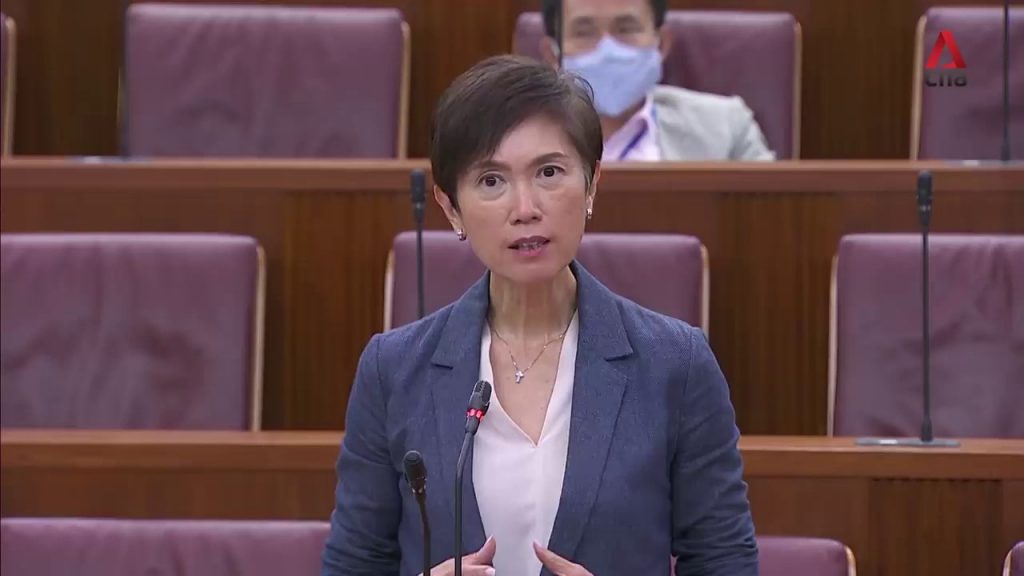
You want to have strong opposition parties in Singapore, but you will never have a way of knowing if they are good and loyal opposition parties, or if they will be held by megalomaniacs. I am a risk averse person. I believe that the PAP works. I rather try to support the PAP, to make sure our current mechanisms and systems stand, and that it evolves, and it works.
I don’t trust the PSP. Let me explain why.
The PSP is largely centered around Dr. Tan Cheng Bock. Already their credibility is built upon a personality. The party has also established its legitimacy based on direct opposition to the ruling party based on Dr. Tan Cheng Bock’s statements of the PAP having lost its way, and its entire publicity stunt with Mr Lee Hsien Yang. The foundations of the party are already in direct opposition to the incumbent.
The WP might be the opposition but they take a different approach.
I had many conversations with PSP members one on one before. When I asked them what’s the difference between PSP and WP, they cited their party values of a “compassionate and caring society”. I can’t see the difference between that and the WP.
Objectively speaking, when you compare manifestos, the PSP manifesto is only 7 pages. What is the point of the whole campaign? They say they want a better Singapore—but what in the world is “better”? To me, it’s as if the PSP has this vendetta against the PAP, and the entire contestation is based on this. I’m not comfortable with that.
This time round, we lost three political leaders because of this. People don’t know how heavy a loss this is to both the party and labour movement. But maybe this is not a bad thing. I’m sure both the PAP and the NTUC have some rebranding to do.
I think we as a nation are very fortunate to have Mr Pritam Singh as leader of the opposition. But there are other opposition parties I’m against—the PSP, as I said before, and the SDP.
I have nothing against Dr. Paul Tambyah. I’ve met him before, I think he’s a great guy. But I’m against the SDP’s more confrontational style of politics. I’m not a fan of Dr. Chee Soon Juan. Not just because of history, but because his entire political philosophy is still largely centered around himself. It’s the same reason I don’t agree with Dr. Tan Cheng Bock.
I’m not a fan of the SDP because of what they stand for. Their policy suggestions are quite flawed. How would they fund gaps in the budget, especially with no GST? There were just a lot of logical fallacies that did not hold up. They are preying upon emotions for people and advocating for populist policies—something I can never agree with.
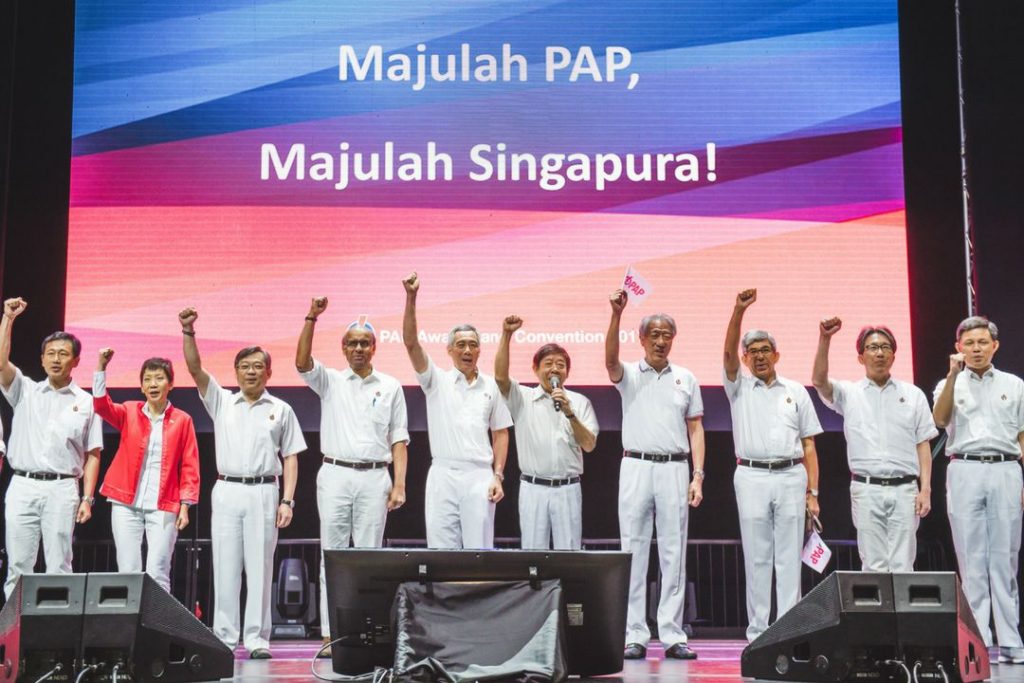
The moment conversations and debates in parliament are not focused on the nation, but on shallow arguments that should not be given air time in parliament, Singapore will just cease to be an exceptional nation. I personally feel that once we lose our global credence, it’s very hard to get back.
I think the WP knows that. It has never tried to field more candidates than it could. They know that they don’t want to form the Government, and they know that S’poreans don’t want them to form the government (yet).
A strong opposition is vital and essential. They have brought up very good and important points. The problem comes when people don’t really know what they want or when the Leader of Opposition cannot rein in their MPs well.
And within the opposition there are many different styles of politics. The WP’s brand of politics isn’t that much different from PAP—it has been going around in academic circles, that it’s PAP-lite, a PAP team B.
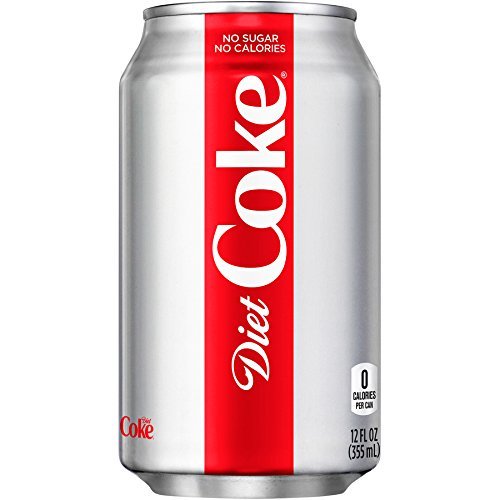
I think Pritam Singh is an excellent chap, and I’m very heartened he’s Leader of the Opposition. PM Lee recently designated Pritam Singh as Leader of the Opposition, giving him civil servants and so forth. PM lee is not constitutionally mandated to do that. It’s an acknowledgment of how far the opposition has come. I think we should give him credit for that. But it remains to be seen how Pritam Singh will rein and discipline elected MPs.
Jamus is very charismatic, and not afraid to flaunt it. His entire purpose in the debate was to be a pop star. In this age of personality politics, people honestly won’t care about the merits of argument. It’s all about political showmanship. Even in his thank you speech, he made the korean heart and popularised the catchphrase, “warms the cockles of our hearts”.
To a politician, popularity = credibility, which is bullshit. Pritam never does that. He said, “we are not euphoric”. He understands what it entails.
Same for Raeesah. I am all for minority rights and representation. I agree with the spirit of what she said. The way she said it though, is deplorable—and she should be accountable because she is now an MP elect. She was almost scandalizing the judiciary! It is important because moving forward, every word you say in parliament is covered by parliamentary immunity, and the government has a duty to categorically reject any falsehoods or loose claims.
The thing I fear the most is factionalism and polarization of Singapore’s society.
I advocate for PAP to remain in power. I think the PAP discipline system is very strong, and not just because of the party whip. Within the PAP there is a strong mechanism of checks and balances. Party cadres have voting power. Every two years, at the party convention, activists vote in the next CEC. This is of huge significance within the party. You can tell who is more popular, whose views hold more weight, and it affects cabinet appointments and the type of policies we end up implementing. When they want ground sentiment, the first thing they do is turn to activists.
There are also GPCs, Government Parliamentary Committees, which I think are very effective in introducing counter policies to what the ministers say. All of this happens behind public doors, or in parliament. It rarely comes to the public spotlight.
Of course, all of this is premised on many assumptions; for one, that the PAP will never go rogue. This is quite a big assumption, which is why the case for a strong opposition is there. The PAP itself has many layers of checks and balances, but is obviously not perfect. Case in point: Ivan Lim.
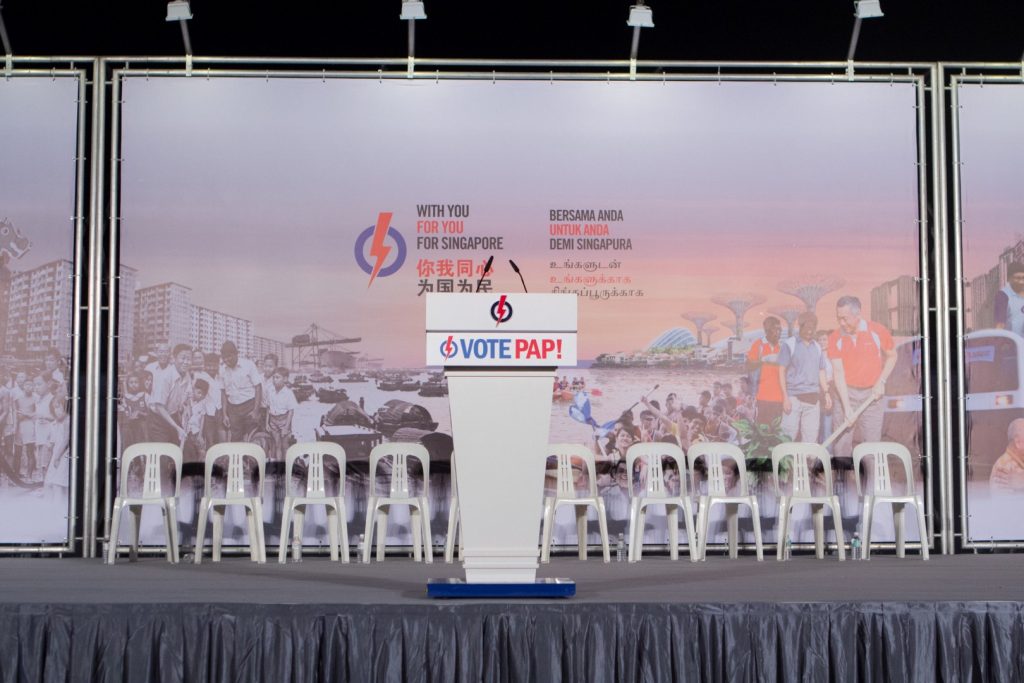
In your hope article, you said you celebrated when the results came in. I had cried! We nearly traded S Iswaran and Desmond Lee—in my opinion our most capable 4G minister—for 1 x hypebeast grandpa! I was in mourning. I cried not because we lost Seng Kang. I cried because we nearly lost West Coast and East Coast to demagogue politics and personality politics.
The PAP needs a much stronger rebranding, and cohesive campaign system to let candidates shine more. Our generation thinks with their eyes, and listens with their feelings.
If you objectively compare Carrie Tan and Ng Ling Ling—our new PAP women candidates—they have been actively involved in the social service sector. Raeesah Khan says she has been very involved in social service, but frankly nobody has heard of her movement. Raeesah has not been that influential when you compare her to candidates the PAP has.
But then again, the PAP is held to a very different standard than the WP. If Jamus and Raeesah both wore white, they would be treated very differently.
Still, I believe that with the WP’s brand of moderate politics, right now Singapore is in a good place. We also cannot say that the PAP will continue to rule judiciously, in the interests of the people. But that’s why internal party checks and balances, reform, and party discipline are important.
Most importantly, the leader of opposition and the leader of incumbent need to work well. Low Thia Khiang was a friend of the PAP. We have publicly applauded his speeches, go look up the Hansard. Same thing for Chiam See Tong. This is why Pritam keeps emphasizing, he will make sure the WP is loyal to the nation.
And loyal citizens, we will be.

